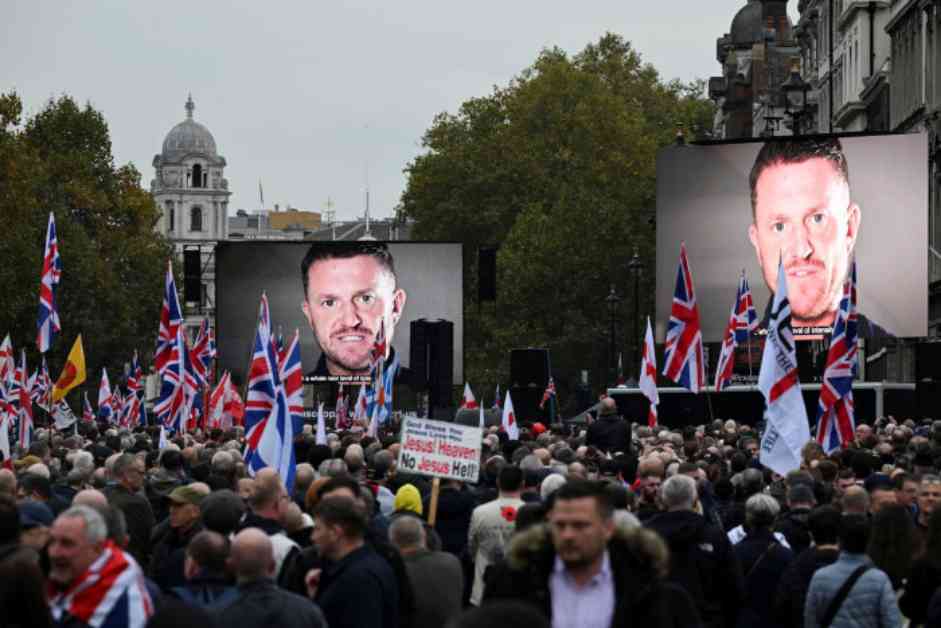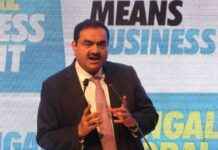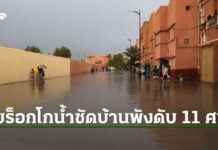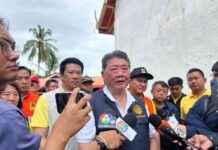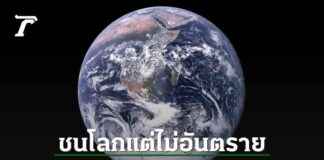Anti-immigration and anti-racism groups gathered in London for rival protests over the weekend, raising concerns about potential clashes. The “Unite the Kingdom” march organized by anti-immigrant activist Tommy Robinson drew thousands of supporters carrying English and British flags, as well as banners questioning government actions for the British public.
Robinson, whose real name is Stephen Yaxley-Lennon, was detained by police ahead of the rally and faces charges related to libelling a Syrian refugee and failing to provide his mobile phone PIN code under terrorism laws. Despite his absence, his supporters rallied in his name.
On the other side, anti-racism campaigners and trade unionists held a counter-protest with banners advocating for welcoming refugees and denouncing the far right. Deputy Assistant Commissioner Rachel Williams assured that the police were well-prepared to respond to any incidents and maintain public safety.
The protests come in the wake of recent unrest in the country following the tragic murder of three young girls, wrongly attributed to a Muslim migrant on social media. Prime Minister Keir Starmer condemned the violence as racist and attributed it to far-right extremism, with over 1,500 arrests made in connection to the riots.
The right-wing protesters, self-identified as “patriots,” express concerns about threats from migrants and Islamification, while critics argue that their ranks include racists and violent extremists. Despite facing social media bans in the past for hateful conduct, Robinson has regained influence, especially after his account was reinstated on a platform now owned by Elon Musk.
These protests coincide with a surge in asylum seekers crossing the Channel from Europe, a contentious issue in Britain. The number of arrivals this year has already surpassed the total for the previous year, fueling tensions and debates around immigration policies.
The rival demonstrations highlight the deep divisions within British society and the challenges of addressing issues related to immigration, racism, and extremism. As protests continue and tensions escalate, the role of law enforcement and political leaders in maintaining peace and promoting dialogue remains crucial in navigating these sensitive and complex issues.
